Advocate staff photo by Richard Alan Hannon — BESE board member Lottie Beebe, left, talks with Ann .Burruss, a parent and Swamp BESE co-founder
By Marsha Sills msills@theadvocate.com | Originally Published at The Advocate. January 03, 2014
LAFAYETTE — Two Lafayette Parish public-school parents, who fought last year against for-profit charter operators opening schools here, have organized a new watchdog group called Power of Public Education Lafayette.
Parents Kathleen Espinoza and Ann Burruss organized the watchdog group Swamp BESE last year in protest of two charter groups’ applications to the Louisiana Board of Elementary and Secondary Education to open charter schools in Lafayette Parish.
After the Lafayette Parish School Board rejected the applications, the groups then applied to the state board, which approved the applications.
Three of the five new charter schools planned for the parish are set to open in August.
The new group formed by Espinoza and Burruss is policy-focused and has an interest in advocating for public policies that promote public education free of privatization.
“There needs to be an alternative voice to that movement,” Espinoza said.
Espinoza said while the charter school issue served as a catalyst for the group, its focus is on advocacy to ensure all students receive an equitable education.
“It’s about empowering teachers in the classroom and protecting the democratic engine of public education,” she said.
Espinoza said the group is still in the early stages of development but plans to issue policy statements on issues as they arise throughout the school year.
One issue the group thinks there needs to be more public understanding of, she said, is school performance scores.
“We plan to issue position statements on performance scores and help people understand what they mean,” Espinoza said. “I think they give a false idea of a failing school and detract from the true needs within a school.”
Espinoza said the group is not against charter schools — only charter schools operated by for-profit management companies.
Both charter school applications for Lafayette Parish were submitted by nonprofit organizations. However, they have joined with out-of-state, for-profit charter management companies to operate the schools.
As part of the state’s process for approving charter schools, organizations are required to first apply to a local school board for approval.
If the local board rejects the group’s application, it can appeal to BESE, which contracts with the group to operate within the parish. The schools are considered independent, public schools and receive state funding, just like any other public school in the parish.
Typically, charter schools target underperforming districts or school zones and offer innovative learning opportunities to students.
Espinoza said the group is seeking a legislator to work with it to sponsor legislation in the upcoming session that would give voters the power to decide whether they want to approve charter schools that have been rejected by a school board.
With its state accountability rating of B, Lafayette Parish is far from a failing school district in need of charter school interventions, Espinoza said.
“The proposed legislation is specific to what we, frankly, feel is an injustice in Lafayette Parish,” Espinoza said of BESE’s decision in October.
In the future, Espinoza said the group plans to become more involved in educational events and forums, and will support policy and legislation that promotes public education.
The past year saw more community involvement in public education with the creation of a new districtwide parent group, Parents Empowered. The group was organized in the latter part of 2013 and plans to ramp up its efforts this year, said one of its founders, Heather Blanchard.
The group plans to organize a districtwide parent teacher organization with representatives from each high school feeder zone to help parents stay better informed and connected to their children’s campuses.
Blanchard said the group plans in 2014 to focus on helping schools partner with nonprofit organizations that can provide after-school programs on school campuses.
“There are several nonprofits who will come in and offer after care on a sliding scale, and it’s no cost to the district,” she said. “There are so many people who could utilize that. They help with getting homework started. They hire teachers to work with the after-school programs and they hire maintenance workers.”
Blanchard said her group’s role is to be a resource in support of schools and the district’s turnaround plan, known as 100 Percent In, 100 Percent Out.
“We want to be a resource and help schools write grants and help them meet other needs,” she said. “We want to create an email system so that when a school needs chairs for their new computer lab, we will send out an email and see who may have chairs that they could donate.”
A few years ago, a coalition of community and business groups organized as the Lafayette Public Education Stakeholders Council.
All three organizations have contributed questions to an upcoming forum on Jan. 14 organized by the League of Women Voters of Lafayette on a new state education law known as Act 1, Espinoza said. She and Burruss are also League members.
The new law changed teacher evaluation and compensation, and transferred authority in hiring and firing decisions from school boards to superintendents.
In Lafayette Parish, the law has created a rift between the School Board and superintendent that’s resulted in some board members reprimanding the superintendent for allegedly violating board policy and calling for an investigation by attorneys.
Its request to hire a firm for the investigation has yet to be approved by the state Attorney General’s Office.
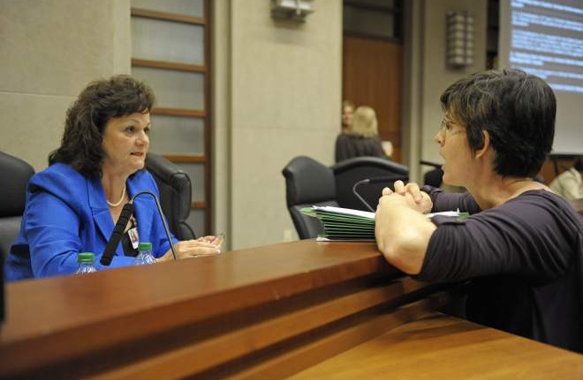





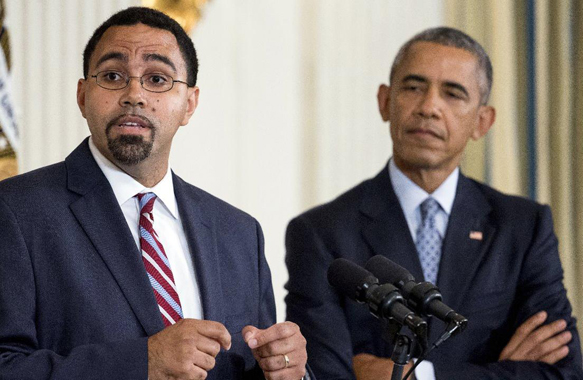
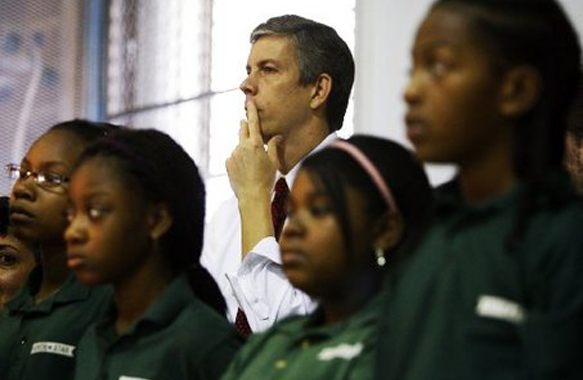

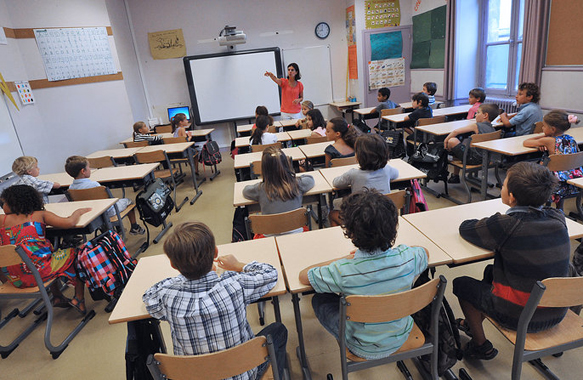

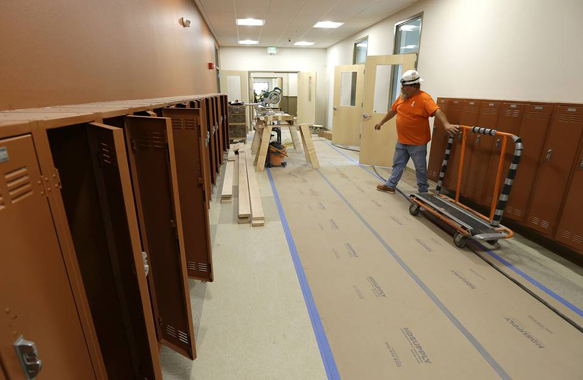
Leave A Comment